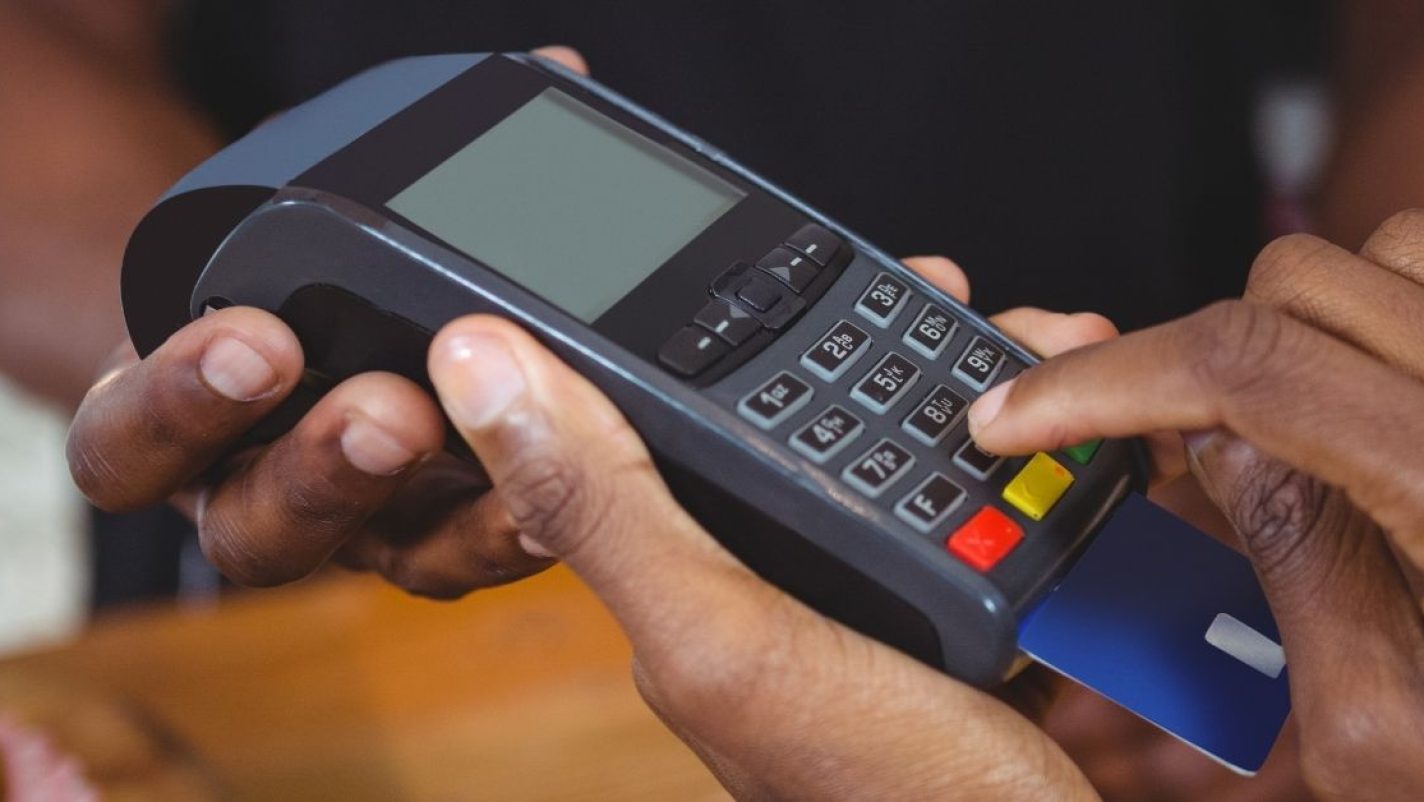The Central Bank of Nigeria (CBN) has ordered all licensed operators(including Moniepoint, OPay, PalmPay, and banks9, to geo-tag every PoS terminal in their networks within 60 days of the circular, released on August 25, 2025.
This mandates:
- Embedding GPS capability into each PoS device.
- Registering devices with precise GPS coordinates.
- Integrating them into the National Central Switch, monitored via a specialised SDK.
Strict Timeframe & Enforcement
Operators have a firm two months(until mid-October 2025) to comply. Starting October 20, 2025, the CBN will initiate compliance checks, with non-compliant terminals subject to shutdown.
Geofencing: Locational Compliance
Once tagged, PoS devices will be restricted to operating within a 10-metre radius of their registered merchant location. Any attempt to process transactions outside this zone will result in automatic shutdown.
Why the Move? Curbing Fraud and Strengthening Oversight
The CBN’s directive aims to:
- Combat fraud and clamp down on cloned or “ghost” terminals.
- Facilitate real-time transaction monitoring.
- Tighten regulatory control over Nigeria’s booming PoS ecosystem.
This follows earlier efforts to centralise PoS usage, such as requiring transaction routing through licensed Payment Terminal Service Aggregators (PTSAs) and registering devices with the Corporate Affairs Commission (CAC).
Industry Impact: Scale of the Challenge
Nigeria’s PoS network is vast. By 2023, around 1.5 million PoS agents were active nationwide, approximately one agent per 80 people.
Given these numbers, the geo-tagging requirement could impact over 4 million active PoS terminals, representing one of the most sweeping compliance exercises ever undertaken in the fintech space.
Implications for Stakeholders
Operators (Moniepoint, OPay, PalmPay, Banks)
- Must invest swiftly in GPS-enabled hardware and GPS-capable software.
- Need to embed and deploy the CBN-specified SDK for location tracking.
- Must manage logistics for tagging millions of devices within a tight window.
Merchants & Agents
- Will face limitations on where they can operate, only within 10 metres of registered addresses.
- Might incur downtime if devices fail to comply by the deadline.
- Could benefit in the long term from fewer fraud risks and enhanced trust.
Consumers
- Will notice a reduction in fraudulent or cloned PoS incidents.
- Could face initial inconvenience if PoS machines are taken offline for tagging.
- Stand to gain from increased security and transactional integrity.
Broader Perspective
Nigeria’s fintech environment is rapidly expanding, but with growth comes scrutiny. In 2024, Moniepoint and OPay were fined significantly by the CBN for compliance lapses, indicative of the regulator’s intensifying oversight.
This new geo-tagging mandate adds another layer of accountability, reflecting the CBN’s commitment to curbing fraud and enhancing transparency in digital financial services.















